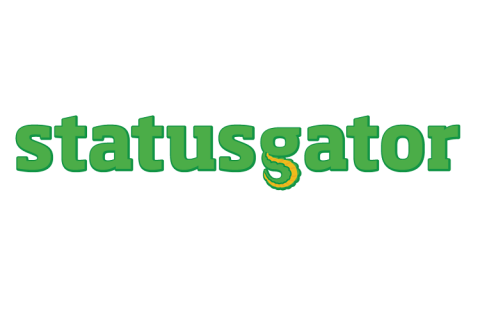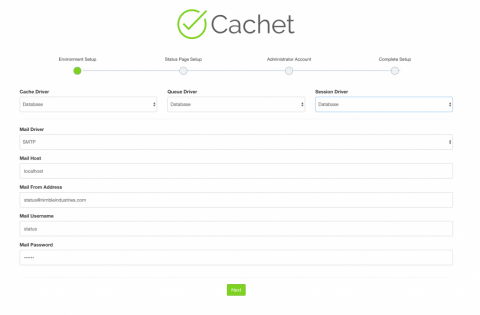Component Status Filtering Is Here
StatusGator has been monitoring hundreds of status pages since 2015. Our aim has always been to aggregate the published status of the cloud services you depend on, making it available in any format you need, and notifying you when it changes.









